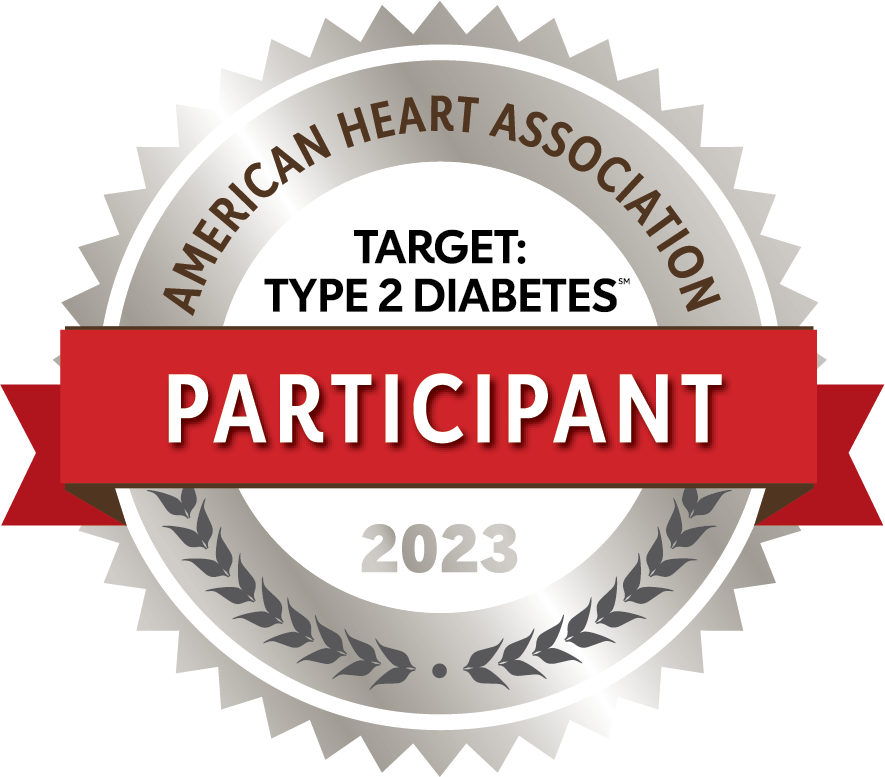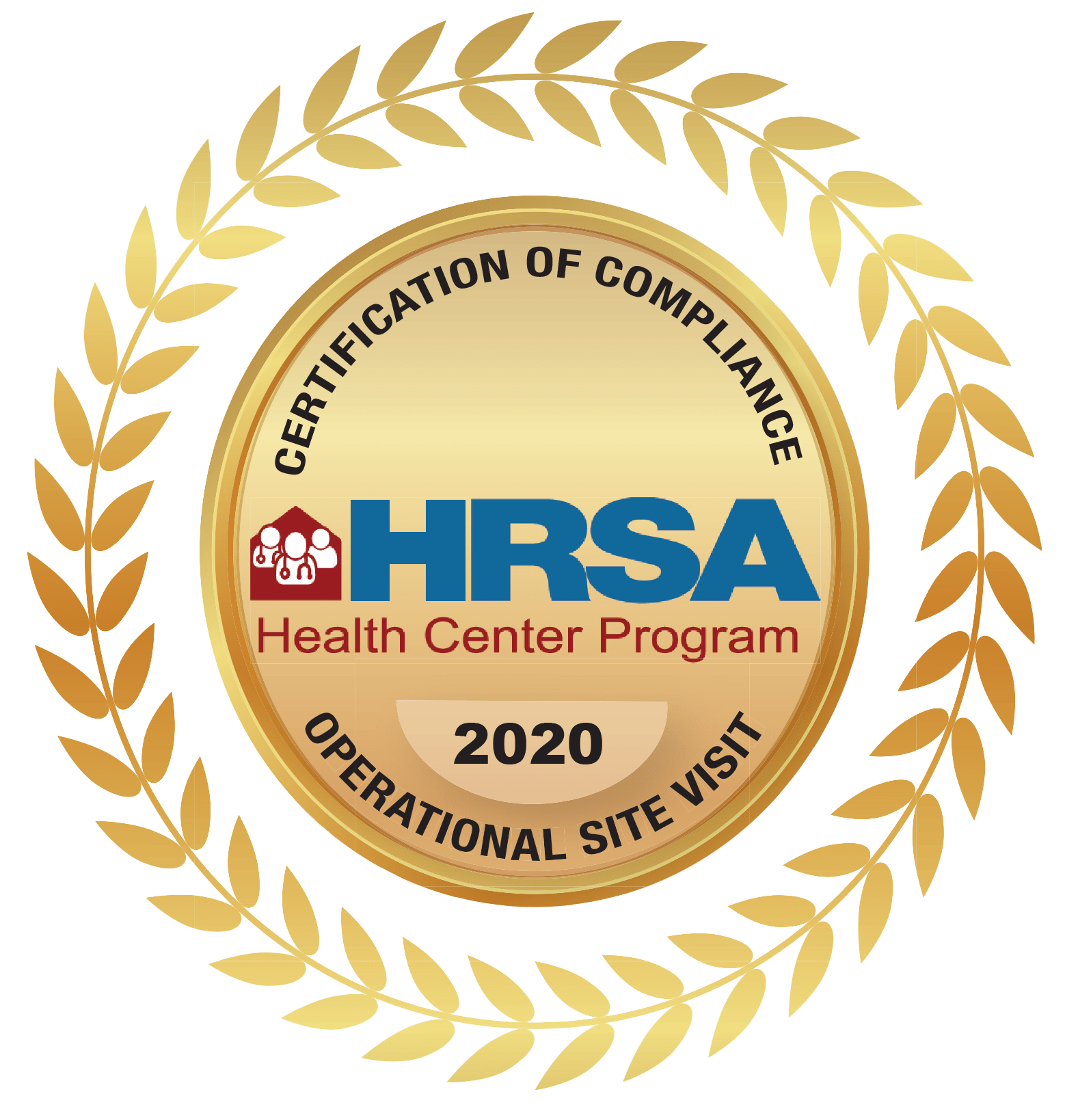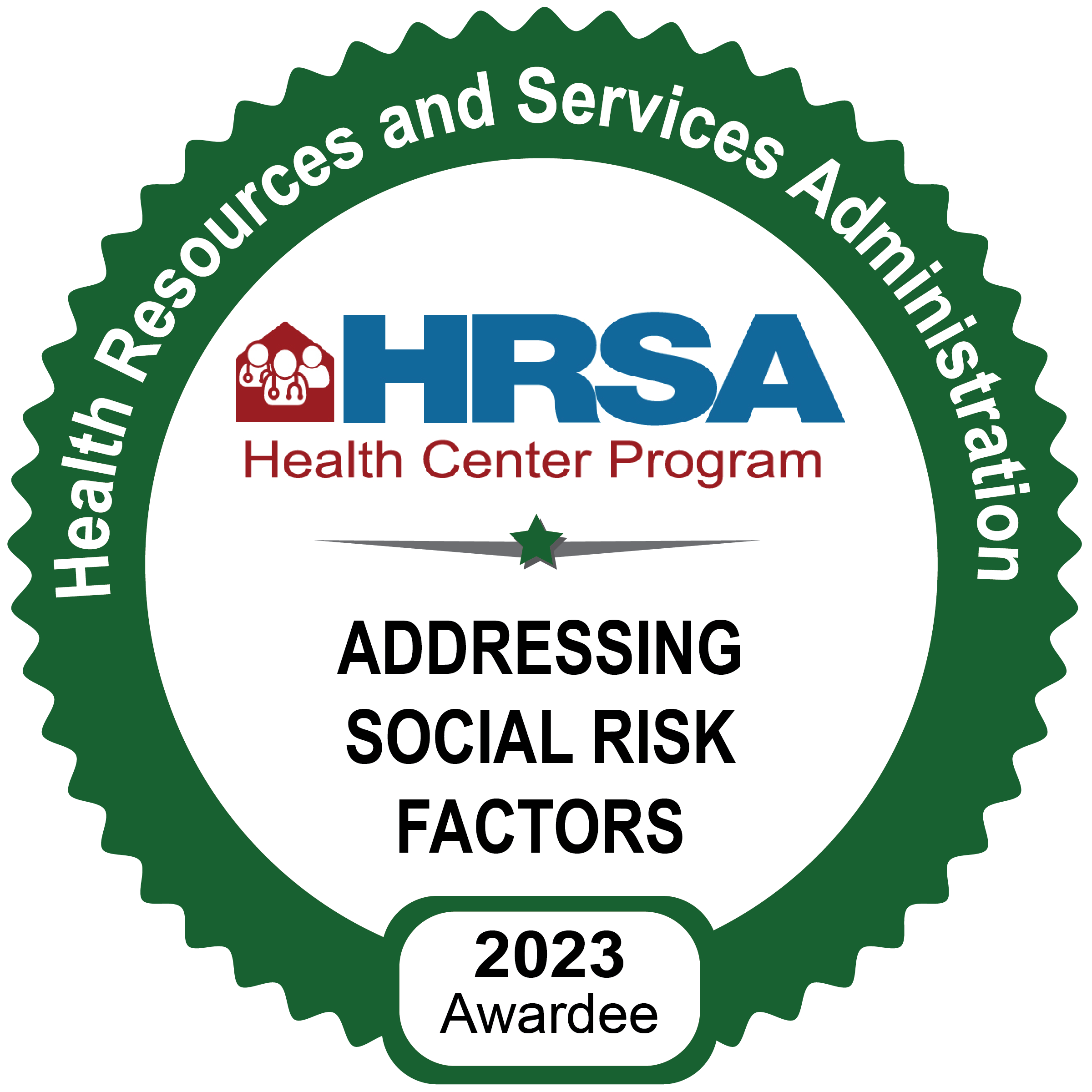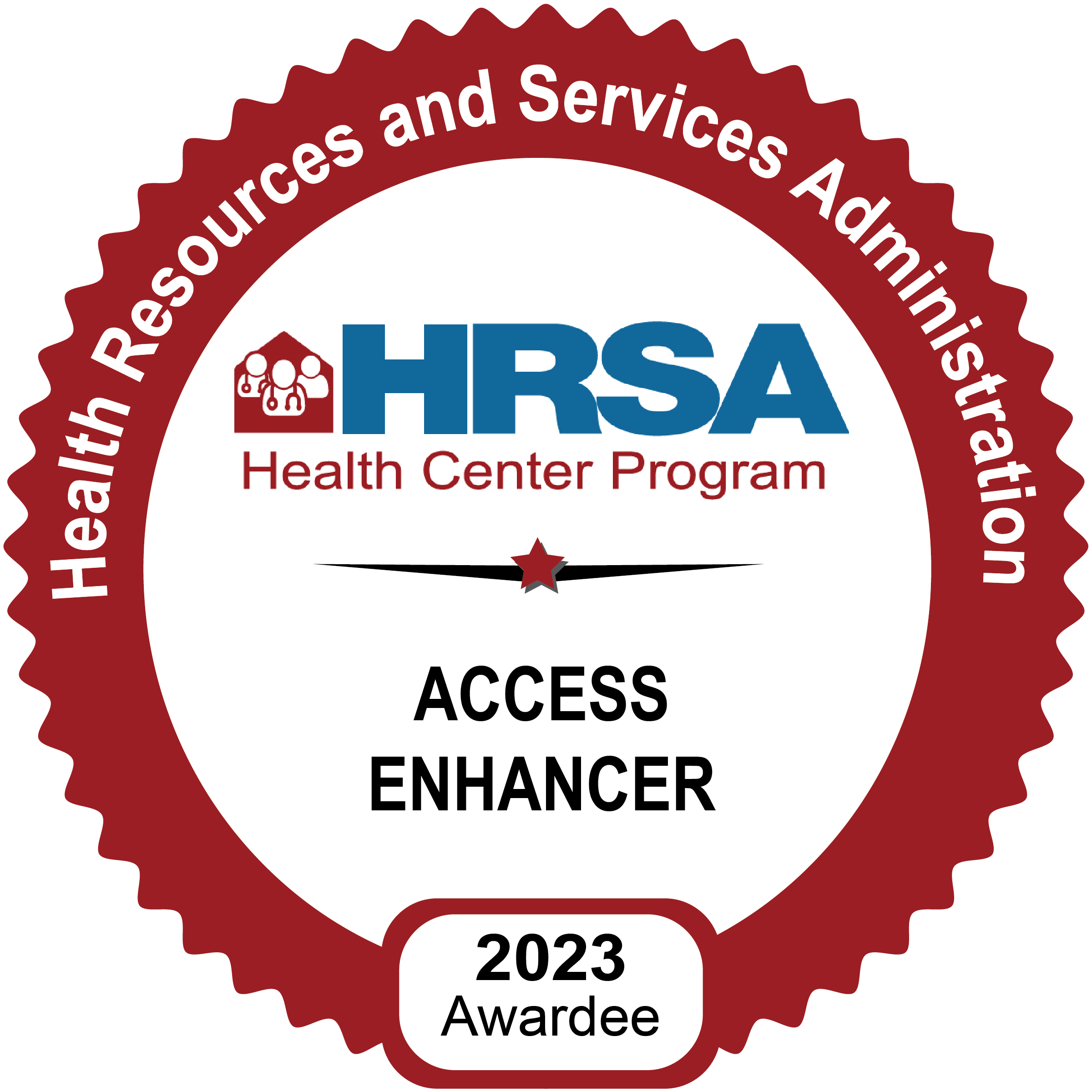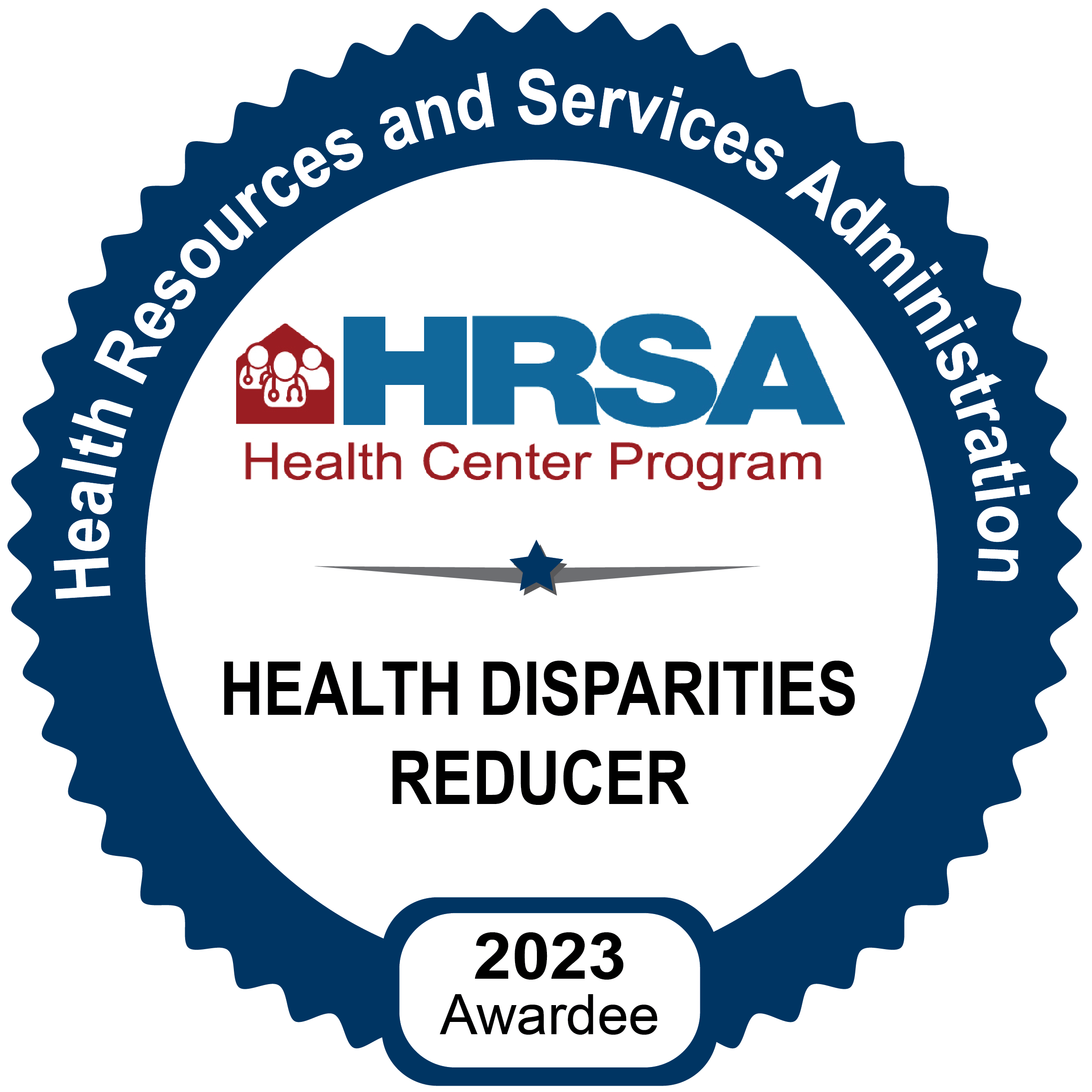
By: Emelin Martinez, FNP-BC, Family Nurse Practitioner/Valley Wide Chief Medical Officer
and Steven Gallegos, FNP-BC, Family Nurse Practitioner/Acute Care Nurse Practitioner
November is Diabetes Awareness Month, so we’ve asked our providers to contribute to this quick article to give you the information you need about diabetes. This is an all too common diagnosis made and managed in our clinics. Knowledge is power, and we want you to be empowered to prevent diabetes, or live a happy, healthy life if you’ve already been diagnosed!
What is diabetes mellitus?
Diabetes mellitus is a disease that prevents your body from properly using the energy from the food you eat. Diabetes occurs in one of the following situations:
- The pancreas (an organ behind your stomach) produces little insulin or no insulin at all. Insulin is a naturally occurring hormone, produced by the beta cells of the pancreas, which helps the body use sugar for energy. This is type 1 diabetes.
- The pancreas makes insulin, but the insulin made does not work as it should. This condition is called insulin resistance, or type 2 diabetes, and is the most common form of diabetes.
To better understand diabetes, it helps to know more about how the body uses food for energy, a process called metabolism.
Your body is made up of millions of cells. To make energy, the cells need food in a very simple form. When you eat or drink, much of your food is broken down into a simple sugar called glucose. Glucose provides the energy your body needs for daily activities.
The blood vessels and blood are the highways that transport sugar from where it is either taken in (the stomach) or manufactured (in the liver) to the cells where it is used (muscles) or where it is stored (fat). Sugar cannot go into the cells by itself. The pancreas releases insulin into the blood, which serves as the helper, or the “key,” that lets sugar into the cells for use as energy.
When sugar leaves the bloodstream and enters the cells, the blood sugar level is lowered. Without insulin, or the “key,” sugar cannot get into the body’s cells for use as energy. This causes sugar to rise.
How is Type 1 Treated?
A person with type 1 diabetes is treated with insulin therapy and Life style modifications—we encourage the patient to live a healthy life style that is conducive to good blood sugar control.
How is Type 2 Treated?
A person with type 2 diabetes has several treatment options. While some people can control their blood sugar levels with healthy eating and exercise, others may need medication or insulin to help manage it; these include oral medication and injectable non-insulin medications, as well as insulin therapies. Patients on medications or insulin therapies are also are encouraged to live a healthy life style that is conducive to good blood sugar control.
If you’re overweight, your risk of developing type 2 diabetes rises. Excess weight also leads to unhealthy cholesterol, high blood pressure, heart disease, high blood sugar, and even stroke. The good news? Losing just 10-15 pounds can make a big difference in your health risk factors!
What is an A1c blood test?
An A1c test is a relatively simple blood test that gives you a picture of your average blood sugar level over the past two to three months. It can identify prediabetes, which raises your risk for diabetes, and can be used to diagnose diabetes. It’s also used to monitor how well your diabetes treatment is working. The A1c test is a critical step in forming your game plan to manage diabetes with your diabetes care team.
Glucose Monitoring
As technology improves there are more and more ways to check and monitor your blood sugar. The traditional way has been a finger stick each time you need to check; these are giving way to patches with a small needle that you wear for several days at a time and they transmit your readings via Bluetooth to your smartphone.
Diabetes is a complex condition that can have a significant impact on your life. However, with proper treatment, lifestyle changes, and the help of a great provider, patients can life long and happy lives with diabetes. Valley-Wide Health Systems strives to be the provider of choice for all your healthcare needs – if you suspect you may have diabetes, please schedule an appointment right away.
Stay tuned for part 2 of this series on diabetes education and awareness – next we’ll share tips on lifestyle changes you can make to help prevent or manage diabetes.


